
Exciting new series on “Voice, Body and Movement for Lawyers – How to connect with the jury and find Justice Through Dramatic Technique!”
Click here to find out more
Starting with electronic word processors and continuing through today’s augmented and artificial intelligence applications, the practice of law has changed materially. So too have the ethical duties and responsibilities of lawyers in dealing with technology. Lawyers now are being asked novel questions related to technology by our clients, business units and our firm and corporate colleagues. And the requirements and risks in giving such advice are novel, too. Overhanging all of this are emerging ethical responsibilities and strictures that require lawyers to become competent to act and advise with respect to technology, cyber security and privacy.
This course will examine these ethical responsibilities that are being reflected by the American Bar Association and by the bars of the leading states, and will provide guidance as to how lawyers can keep up with fast-moving developments in legal technology and deal with its practical and ethical implications.
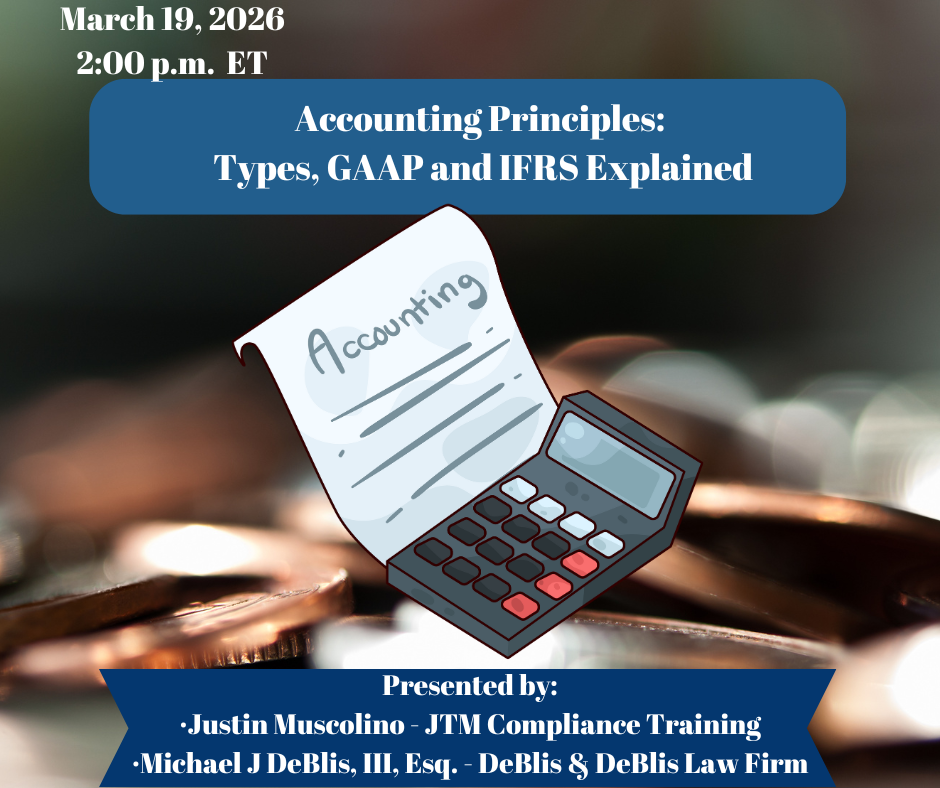
Attorneys will receive a comparative analysis of GAAP and IFRS with emphasis on cross-border legal c...

This program focuses on overcoming the inner critic—the perfectionist, self?doubting voice tha...
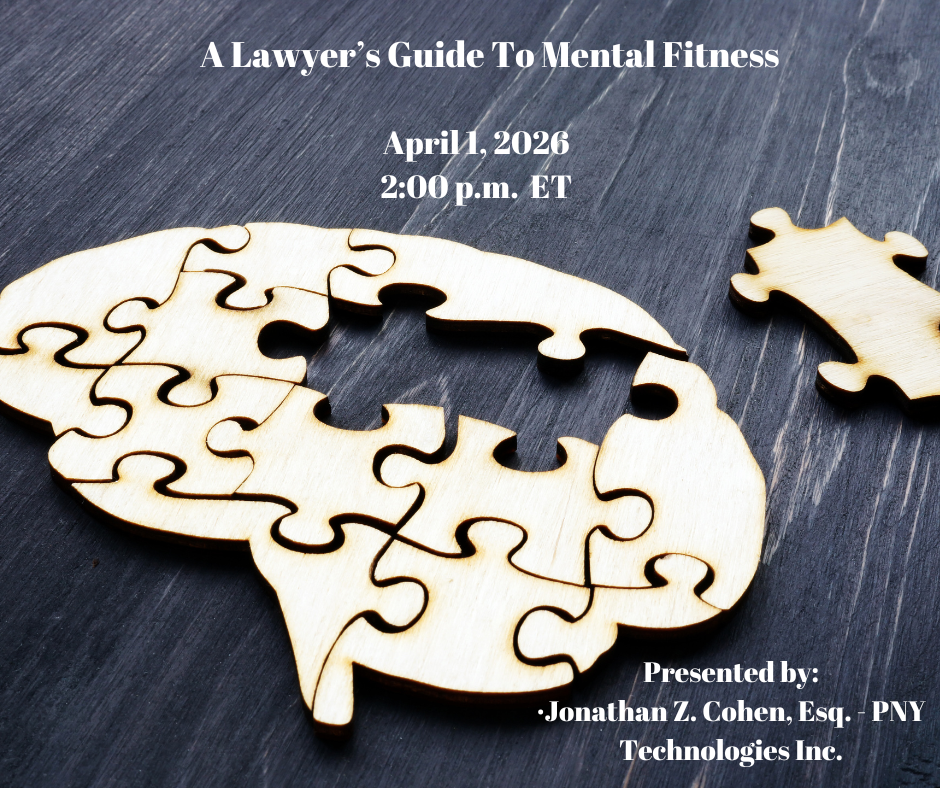
‘A Lawyer’s Guide To Mental Fitness’ is a seminar designed to equip professionals ...

This Shakespeare?inspired program illustrates how Shakespearean technique can enrich courtroom advoc...

Attorneys and law firms are well known vectors for money laundering risk. Banks regularly labe...
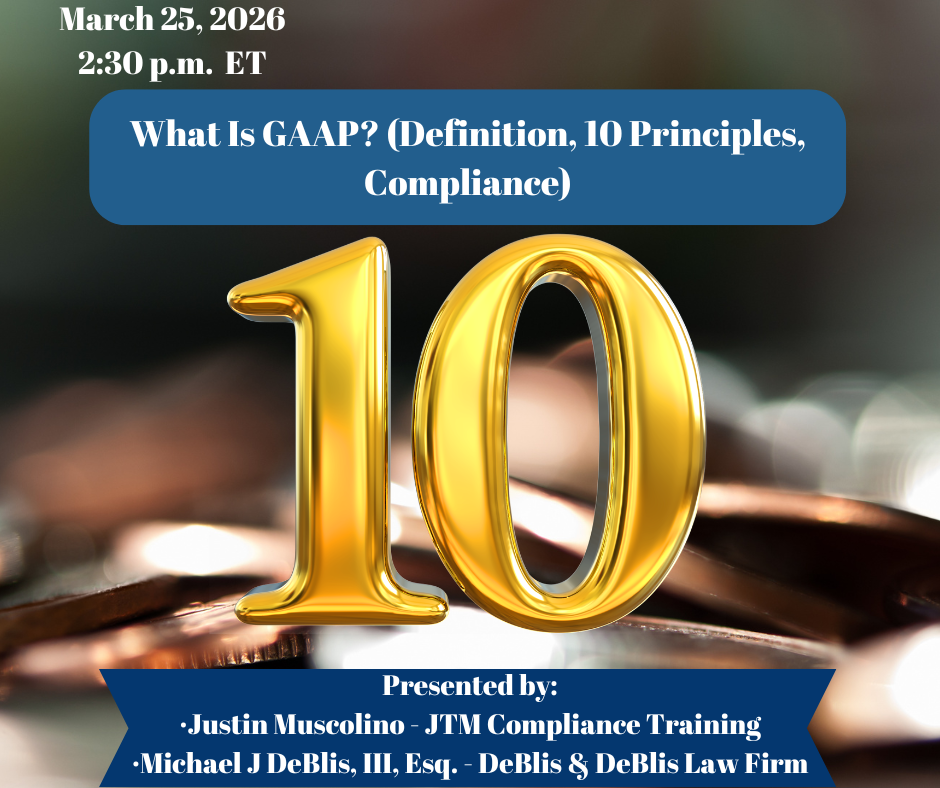
This course breaks down GAAP’s ten foundational principles and explores their compliance impli...

This program explores listening as a foundational yet under-taught lawyering skill that directly imp...
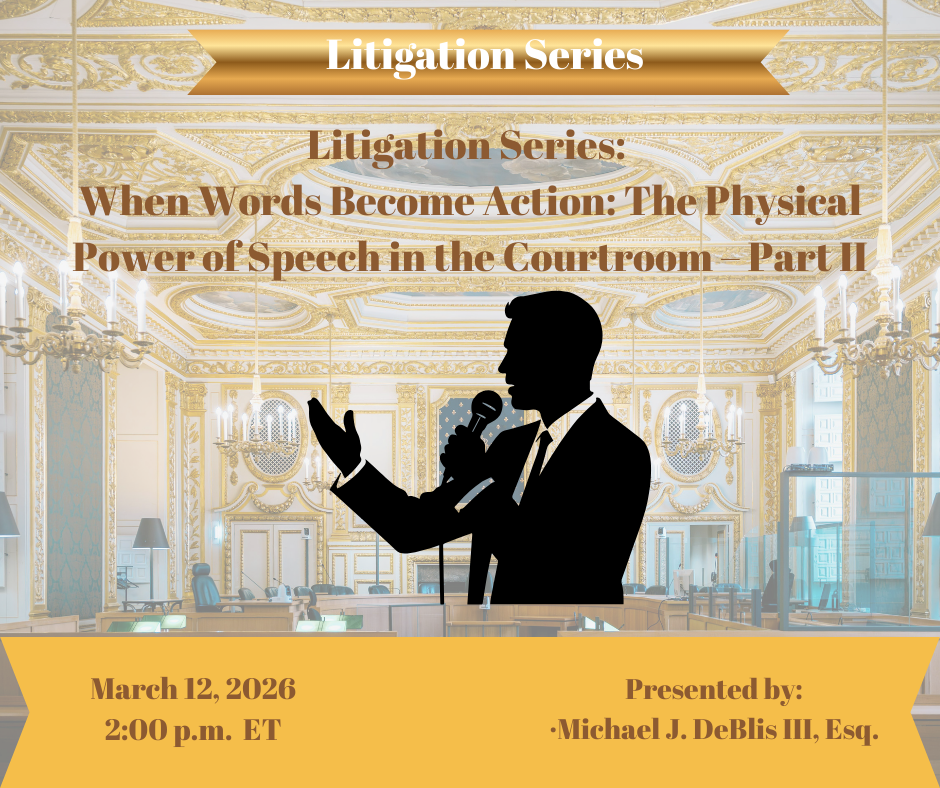
Part II builds on the foundation established in Part I by examining how classical rhetorical styles ...

As artificial intelligence becomes the engine of the global economy, the value of "AI-ready" data ha...
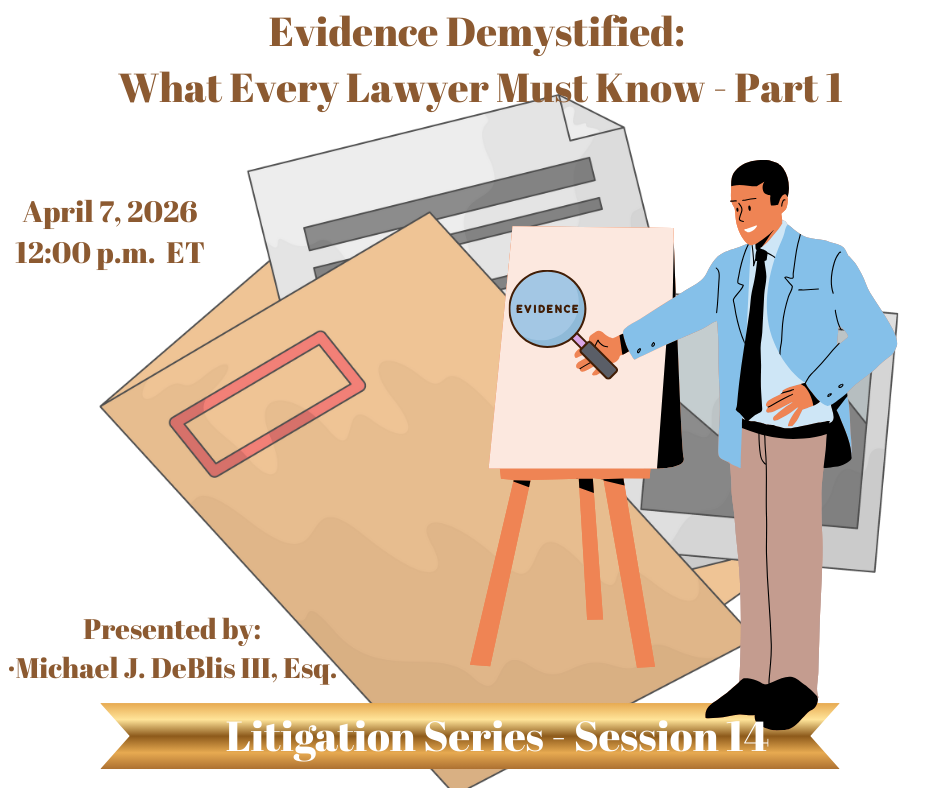
Evidence Demystified Part 1 introduces core evidentiary principles, including relevance, admissibili...